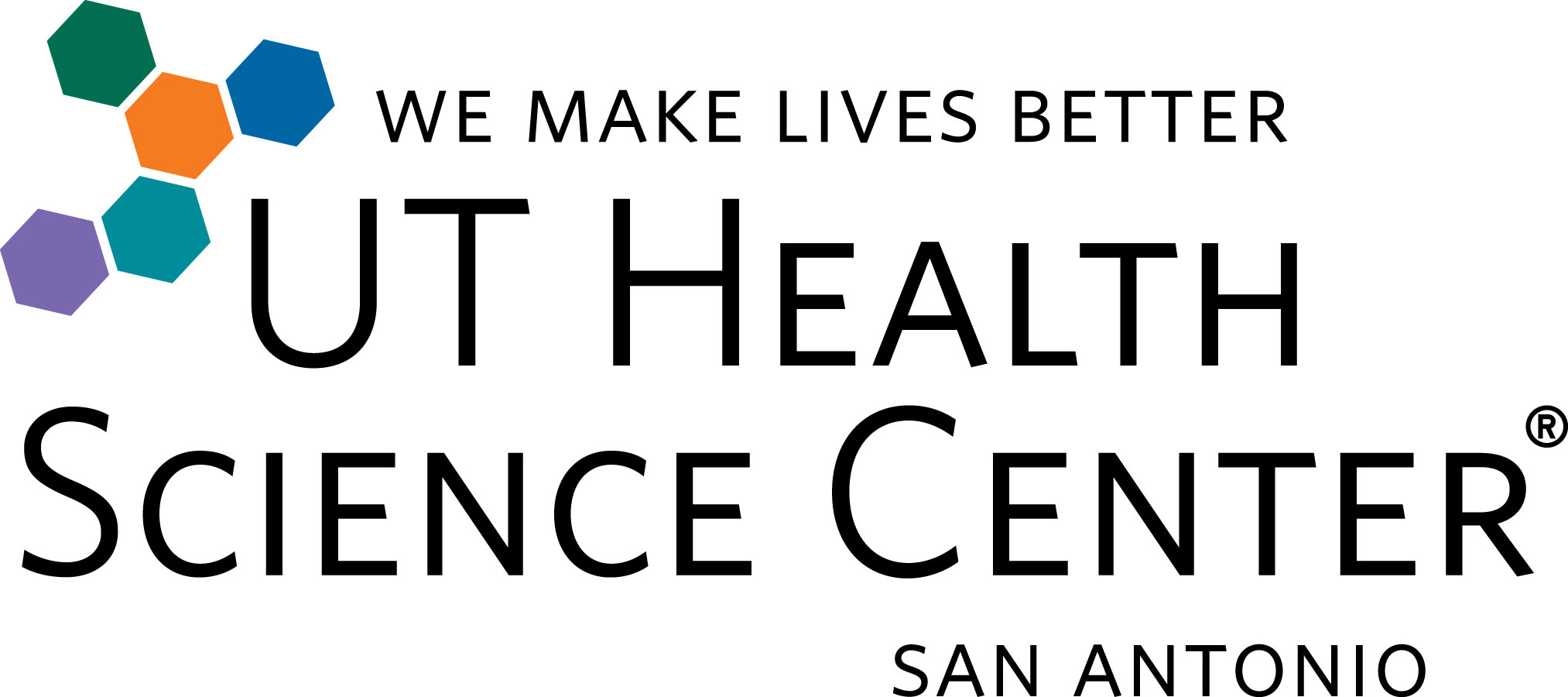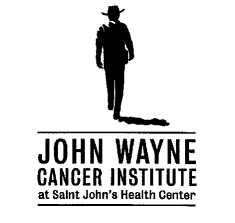Fc-Engineered Anti-CTLA-4 Monoclonal Antibody in Advanced Cancer
| Status: | Recruiting |
|---|---|
| Conditions: | Cancer, Cancer |
| Therapuetic Areas: | Oncology |
| Healthy: | No |
| Age Range: | 18 - Any |
| Updated: | 3/31/2019 |
| Start Date: | March 20, 2019 |
| End Date: | March 2022 |
| Contact: | Waldo Ortuzar, MD |
| Email: | Waldo.Ortuzar@Agenusbio.com |
| Phone: | 781-674-4455 |
A Phase 1 Study of AGEN1181, an Fc-Engineered Anti-CTLA-4 Monoclonal Antibody in Subjects With Advanced Cancer
This study is an open-label, Phase 1, multicenter study to evaluate the safety, tolerability,
PK, and PD profiles of a novel Fc-engineered IgG1 anti-CTLA-4 human monoclonal antibody
(AGEN1181), and to assess the maximum tolerated dose (MTD) in subjects with advanced solid
tumors. This study will also determine the RP2D of AGEN1181 monotherapy.
PK, and PD profiles of a novel Fc-engineered IgG1 anti-CTLA-4 human monoclonal antibody
(AGEN1181), and to assess the maximum tolerated dose (MTD) in subjects with advanced solid
tumors. This study will also determine the RP2D of AGEN1181 monotherapy.
This Phase 1 study will enroll approximately ≤36 evaluable adult subjects with refractory,
advanced cancer (solid tumors) regardless of diagnosis and prior therapies. Subjects who
discontinue early for reason other than DLT will be replaced. The biopharmacological
properties of the antibody suggest that this proposed dose range will be safe and potentially
active. Toxicity will be graded according to National Cancer Institute (NCI) Common
Terminology Criteria for Adverse Events (CTCAE) version 5.0.
The dose escalation phase includes an open-label monotherapy dose escalation consisting of a
standard 3+3 dose escalation scheme with the following escalating dose levels and schedules
of AGEN1181: 0.1, 0.3, 1, 2, and 4 mg/kg administered every 3 weeks (Table 4 and Figure 1).
Each subject will stay on the dose level and schedule assigned at trial entry. Subjects will
receive AGEN1181 for ≤2 years or until confirmed PD, unacceptable toxicity, or any criterion
for stopping the study drug or withdrawal from the trial occurs.
The treatment phase is divided into 3-week treatment cycles, with associated evaluations and
procedures at specific time points. Each 3-week cycle begins with administration of AGEN1181.
advanced cancer (solid tumors) regardless of diagnosis and prior therapies. Subjects who
discontinue early for reason other than DLT will be replaced. The biopharmacological
properties of the antibody suggest that this proposed dose range will be safe and potentially
active. Toxicity will be graded according to National Cancer Institute (NCI) Common
Terminology Criteria for Adverse Events (CTCAE) version 5.0.
The dose escalation phase includes an open-label monotherapy dose escalation consisting of a
standard 3+3 dose escalation scheme with the following escalating dose levels and schedules
of AGEN1181: 0.1, 0.3, 1, 2, and 4 mg/kg administered every 3 weeks (Table 4 and Figure 1).
Each subject will stay on the dose level and schedule assigned at trial entry. Subjects will
receive AGEN1181 for ≤2 years or until confirmed PD, unacceptable toxicity, or any criterion
for stopping the study drug or withdrawal from the trial occurs.
The treatment phase is divided into 3-week treatment cycles, with associated evaluations and
procedures at specific time points. Each 3-week cycle begins with administration of AGEN1181.
Inclusion Criteria:
For inclusion in the trial, all of the following inclusion criteria must be fulfilled, as
no waivers will be permitted:
1. Voluntarily agree to participate by giving written informed consent. Participation in
pharmacogenomics testing is optional.
2. ≥18 years of age.
3. Diagnosis of histologically or cytologically confirmed diagnosis of metastatic or
locally advanced solid tumor for which no standard therapy is available or standard
therapy has failed.
4. Measurable disease on imaging based on RECIST version 1.1.
5. Life expectancy of ≥3 months and ECOG performance status of 0 or 1.
6. Adequate organ function, as indicated by the following laboratory values:
1. Adequate hematological function, defined as ANC ≥1.5 x 109/L, platelet count ≥100
x 109/L, and hemoglobin ≥9 g/dL.
2. Adequate hepatic function, defined as total bilirubin level ≤1.5 x institutional
upper limit of normal (IULN), AST ≤2.5 x IULN, ALT ≤2.5 x IULN, and AP ≤2.5 x
IULN.
3. Adequate renal function, defined as calculated creatinine clearance >50 mL/min
(calculated using Cockcroft-Gault Method).
4. Adequate coagulation, defined as international normalized ratio (INR) or
prothrombin time ≤1.5 x IULN and activated partial thromboplastin time (aPTT)
≤1.5 x IULN (unless subject receiving anticoagulant therapy).
7. No history of prior concomitant malignancy, with the exception of basal cell carcinoma
of the skin, superficial bladder cancer, squamous cell carcinoma of the skin, and in
situ cervical cancer that has undergone potentially curative therapy with no evidence
of disease recurrence for 5 years since initiation of that therapy.
8. Sufficient and adequate formalin-fixed tumor tissue sample, preferably from biopsy of
tumor lesion either at time of or after diagnosis of advanced or metastatic disease
has been made, and from a site not previously irradiated.
9. Female subjects of childbearing potential must have a negative serum pregnancy test at
screening (within 72 hours of first dose of study medication). Non-childbearing
potential is defined as 1 of the following:
1. ≥45 years of age and has not had menses for >1 year.
2. Amenorrheic for >2 years without a hysterectomy and oophorectomy and
follicle-stimulating hormone value in the postmenopausal range upon pretrial
(screening) evaluation.
3. Status is post-hysterectomy, -oophorectomy, or -tubal ligation.
10. Female subjects of childbearing potential must be willing to use highly effective
contraceptive measures starting with the screening visit through 120 days after last
dose of study treatment.
Note: Abstinence is acceptable if this is the established and preferred contraception
for the subject.
11. Male subjects with a female partner(s) of childbearing potential must agree to use
highly effective contraceptive measures throughout the trial starting with the
screening visit through 120 days after the last dose of study treatment is received.
Males with pregnant partners must agree to use a condom; no additional method of
contraception is required for the pregnant partner.
Note: Abstinence is acceptable if this is the established and preferred contraception
method for the subject.
12. Willing and able to comply with the requirements of the protocol.
Exclusion Criteria:
For inclusion in the trial, subject must meet none of the following exclusion criteria, as
no waivers will be permitted:
1. Currently participating and receiving study therapy or has participated in a study of
an investigational agent and received study therapy or used an investigation device
within 3 weeks of first dose of current trial treatment.
2. Received prior systemic cytotoxic chemotherapy, biological therapy, or major surgery
within 3 weeks prior to first dose of trial treatment. A 1-week washout is permitted
for palliative radiation to non-CNS disease, with sponsor approval.
3. Received prior therapy with an anti-CTLA-4 antibody or drug.
4. Persistent toxicity of NCI CTCAE grade >1 severity that is related to prior therapy.
Note: Sensory neuropathy of grade ≤2 is acceptable.
5. Expected to require any other form of systemic or localized antineoplastic therapy
while on trial (including maintenance therapy with another agent, radiation therapy,
and/or surgical resection).
6. Known severe (grade ≥3) hypersensitivity reactions to monoclonal antibodies, antibody,
or severe reaction to immuno-oncology agents, such as colitis or pneumonitis requiring
treatment with steroids; or current or history of interstitial lung disease,
anaphylaxis, uncontrolled asthma (i.e., ≥3 features of partly controlled asthma), or
pneumonitis that has required oral or IV corticosteroids.
7. Receiving systemic corticosteroid therapy 1 week prior to the first dose of trial
treatment or receiving any other form of systemic immunosuppressive medication.
Corticosteroid use as a premedication for IV contrast allergies/reactions is allowed.
Subjects who are receiving daily corticosteroid replacement therapy are also an
exception to this rule. Daily prednisone at doses of ≤7.5 mg or equivalent
hydrocortisone dose are examples of permitted replacement therapy.
8. CNS tumor, metastasis(es), and/or carcinomatous meningitis identified either on the
baseline brain imaging obtained during the screening period or identified prior to
consent.
Note: Subjects with history of brain metastases that have been treated may participate
provided they show evidence of stable supra-tentorial lesions at screening (defined as
2 brain images, both of which are obtained after treatment to the brain metastases and
obtained ≥4 weeks apart). In addition, any neurologic symptoms that developed either
as a result of the brain metastases or their treatment must have returned to baseline
or resolved. Any steroids administered as part of this therapy must be completed ≥3
days prior to first dose of trial medication.
9. Active or history of autoimmune disease that requires systemic treatment within 2
years of the start of trial treatment (i.e., with use of disease-modifying agents,
corticosteroids, or immunosuppressive drugs).
Note: Subjects with diabetes type 1, vitiligo, psoriasis, or hypo- or hyperthyroid
disease not requiring immunosuppressive treatment are eligible.
10. Has had an allogeneic tissue/solid organ transplant.
11. Active infection requiring treatment.
12. Known history of human immunodeficiency virus type 1 or 2 antibodies.
13. Known active infection with hepatitis B and/or hepatitis C virus.
14. Clinically significant (i.e., active) cardiovascular disease: cerebral vascular
accident/stroke or myocardial infarction within 6 months of enrollment, unstable
angina, congestive heart failure (New York Heart Association class ≥II), or serious
uncontrolled cardiac arrhythmia requiring medication.
15. History or current evidence of any condition, therapy, or laboratory abnormality that
might confound the results of the trial, interfere with the subject's participation
for the full duration of the trial, or is not in the best interest of the subject to
participate, in the opinion of the treating investigator.
16. Known psychiatric or substance abuse disorder that would interfere with cooperation
with the requirements of the trial.
17. Legally incapacitated or has limited legal capacity.
18. Pregnant or breastfeeding.
We found this trial at
5
sites
Click here to add this to my saved trials
330 Brookline Ave
Boston, Massachusetts 02215
Boston, Massachusetts 02215
617-667-7000

Principal Investigator: Manuel Hidalgo, MD
Beth Israel Deaconess Medical Center Beth Israel Deaconess Medical Center (BIDMC) is one of the...
Click here to add this to my saved trials
4502 Medical Drive
San Antonio, Texas 78284
San Antonio, Texas 78284
(210) 567-7000

Principal Investigator: Chethan Ramamurthy, MD
University of Texas Health Science Center at San Antonio The University of Texas Health Science...
Click here to add this to my saved trials
2200 Santa Monica Blvd
Santa Monica, California 90404
Santa Monica, California 90404
(310) 582-7438

Principal Investigator: Steven O'Day, MD
Click here to add this to my saved trials
Los Angeles, California 90033
Principal Investigator: Anthony El-Khoueiry, MD
Click here to add this to my saved trials